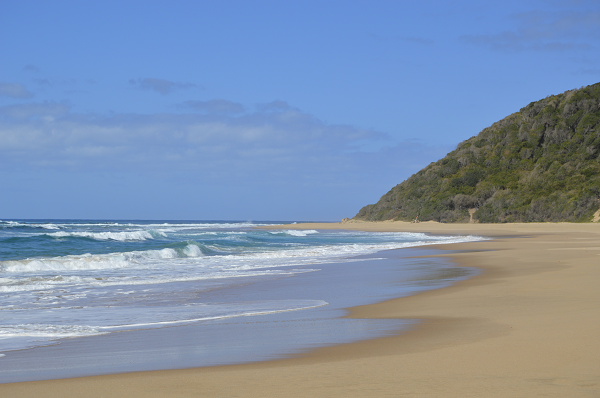A new paper “Status of global coastal adaptation” has just been published in the journal Nature Climate Change. The paper was led by Alexandre Magnan with inputs from a global team of 17 co-authors, including Katharine Vincent.
The paper reports a application of the Global Adaptation Progress Tracker (GAP-Track) method to assess the state of progress on adaptation in coastal regions. GAP-track is a structured expert judgement approach to assess multiple dimensions that shape adaptation (risk knowledge, planning, action, capacities, evidence on risk reduction, long-term pathway strategies) that was applied through 61 local coastal case studies clustered into four urban and rural archetypes. The method brings a sub-national perspective into a global assessment that overcomes some of the typical challenge in quantitative indicator-based tracking approaches. It therefore offers opportunities to operationalise the Global Goal on Adaptation established under the Paris Agreement, and to conduct the Global Stocktake to assess adaptation progress.
The study shows that the state of global coastal adaptation today is half way to the full adaptation potential. Urban coastal archetypes are typically more advanced than rural ones, and strategising around long-term adaptation pathways remains limited. This knowledge paves the way for climate policy advancements and making the Global Goal on Adaptation more practical, for example to reduce the local adaptation gap by target percentages over defined timelines.

